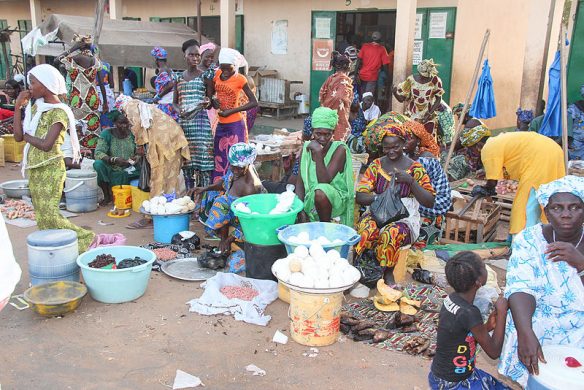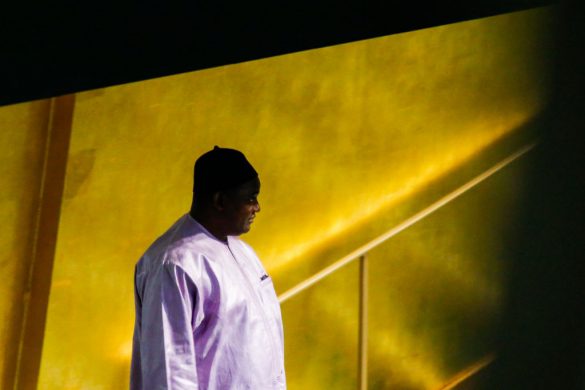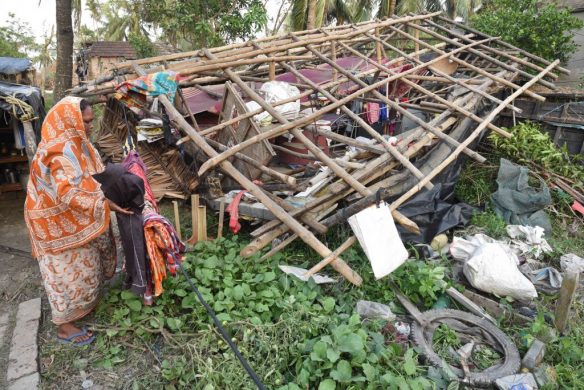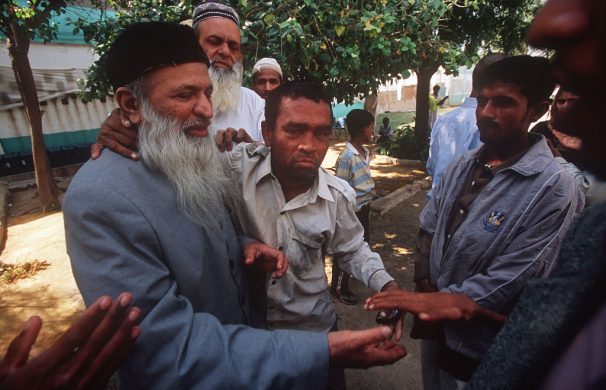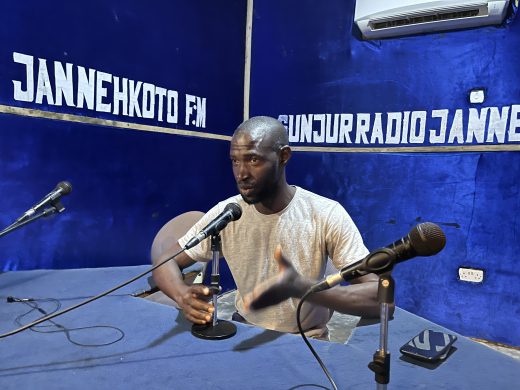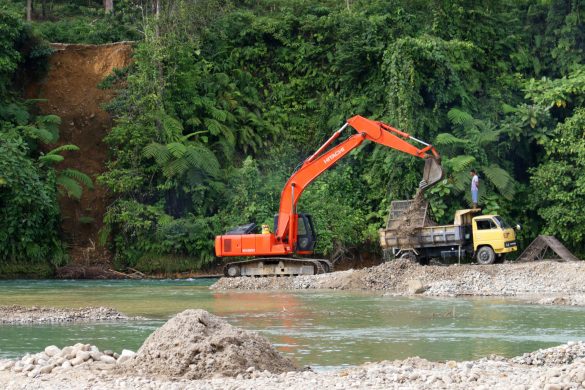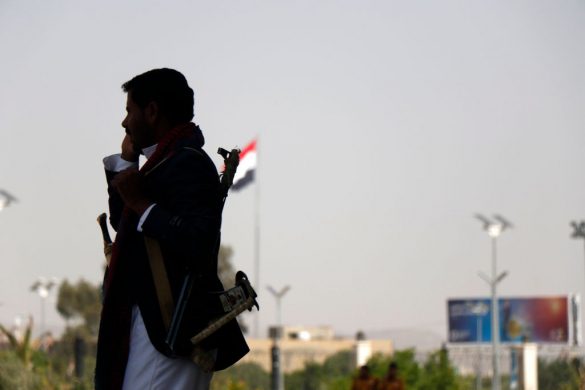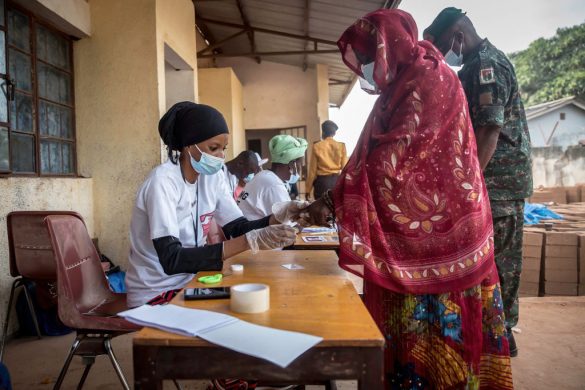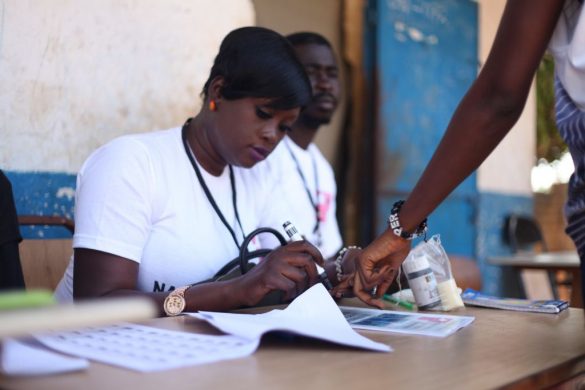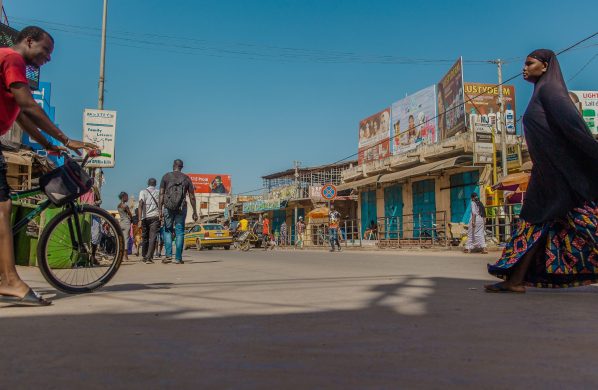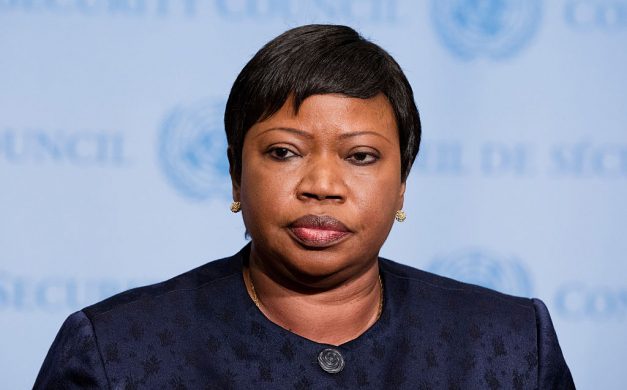For more than 20 years The Gambia was a dictatorship ruled by Yahya Jammeh. Media was repressed and under strict control and censorship, killings, arbitrary arrests, and closure of newspapers were part of the methods the regime applied.
This is now part of the past. The political situation changed with the elections in December 2016 where eventually Jammeh accepted his defeat and a democratic government came into place.
The Gambia is now in a process of rebuilding herself to a democratic country whose citizens enjoy fundamental freedom rights, good governance, and the rule of law.
This transformation includes media too.
For The Gambia to evolve, independent media can no longer be an enemy of the state by default. Instead, the media needs to play a role in ensuring inclusive and transparent governance processes while at the same time informing the citizens about their roles and responsibilities in the democratic transition process.
Reform launched
The first steps in this direction has already been taken. On 17 August 2017 the country’s Ministry of Information and Communication Infrastructure and the Gambia Press Union launched a media sector reform process.
At the launch, the minister of Information, Demba Ali Jawo, stressed the importance of a media sector acting as the fourth estate in the further development of democracy in The Gambia:
“Media and journalism as a profession could play an effective role in promoting transparency, accountability and governance on behalf of the citizens,” he said according to africanplanet.org.
The media reform process – which is supported and facilitated by the Media Foundation for West Africa, the International Media Support and Gambia Media Support – will happen over the next three years.
To guide the process, an expert group made up of 12 local and international media experts has developed a strategy that outlines the most important media reform and development issues to prioritise.
Among the top priorities are legal and policy reforms. Legislation that protects and promotes media freedoms and citizen’s right to access to information is crucial if the media is to play out its role in the democratic transformation of The Gambia.

